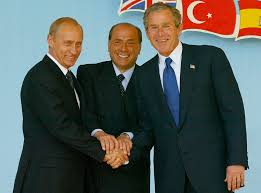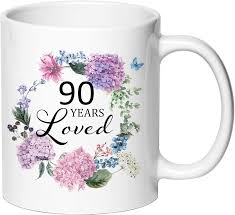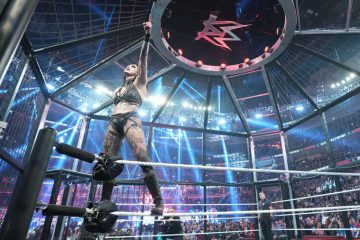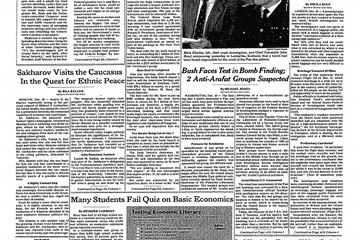Vladimir Putin: Current Role and Global Influence

Introduction
Vladimir Putin, the President of Russia, holds a pivotal position in global politics, influencing international relations and domestic policies. Since his rise to power in the late 1990s, he has shaped Russia’s image on the world stage, navigating complex geopolitical landscapes. Understanding Putin’s current role and actions is crucial as they affect global security, economics, and international alliances.
Recent Developments
In recent months, Putin’s government has faced significant challenges, largely due to the ongoing tension between Russia and the West following the invasion of Ukraine in February 2022. Despite facing extensive sanctions and international condemnation, Putin remains resolute in pursuing what he terms the ‘special military operation’ in Ukraine. The invasion has reshaped NATO’s presence in Eastern Europe, leading to increased military support for Ukraine and the strengthening of alliances among NATO member states.
Domestically, Putin’s administration has adopted stringent measures to control dissent and manage public opinion. Reports indicate that state-controlled media continues to dominate the information landscape, suppressing opposition and promoting nationalist narratives. The Kremlin has also enhanced its cybersecurity measures to combat perceived threats from both internal and external sources.
International Relations
Putin’s relations with key global players remain complex. His partnerships with China and Iran have solidified amid Western isolation. For instance, China has shown increased willingness to collaborate with Russia, especially in terms of economic trade and military cooperation. Conversely, discontent among European nations remains high due to energy dependency, as Russia traditionally supplies a significant portion of Europe’s gas and oil.
Furthermore, recent meetings with leaders in Africa and the Middle East highlight Putin’s strategy to expand Russia’s influence in regions less aligned with Western governments. These engagements often emphasize military cooperation and economic investments, which could reshape alliances and power dynamics in those areas.
Conclusion
As Vladimir Putin continues to navigate through these tumultuous times, his strategies will likely evolve in response to both domestic pressures and international developments. The ongoing conflict in Ukraine not only poses challenges for Russia’s economy and political landscape but also calls into question the future of global security. Observers predict that Russia will continue to assert its position as a significant global player, albeit facing increasing scrutiny and isolation. Understanding Putin’s actions and their implications will remain vital for global citizens as the international community grapples with the ramifications of his leadership.








